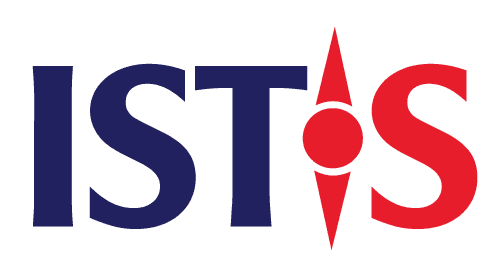As globalization accelerates, startups aiming to expand internationally face numerous challenges—from navigating foreign markets to understanding complex regulatory environments. International business coaching has emerged as a crucial tool, equipping entrepreneurs with the knowledge, skills, and strategies needed to successfully scale their ventures abroad.
International business coaching provides tailored guidance to startups looking to expand into new markets. Unlike generic business consulting, coaching focuses on developing leadership skills, refining market entry strategies, and building the resilience needed for international success. According to a report by McKinsey & Company, 80% of startups fail to scale effectively due to a lack of strategic planning and market understanding.
One of the key benefits for startups expanding into international markets is the development of a market entry strategy. This process requires thorough market research and a well-defined approach. Business coaches assist startups in analyzing competitive landscapes, consumer behaviors, and potential regulatory challenges. For instance, the book Winning in Emerging Markets by Tarun Khanna and Krishna Palepu emphasizes that tailored strategies are crucial for success in these markets.
Additionally, cross-cultural competency plays a vital role in building strong international partnerships and customer relationships. Business coaches provide insights into local business etiquette, negotiation tactics, and communication styles, helping startups minimize risks associated with cultural differences. Moreover, international expansion often involves complex legal and tax requirements. A coach with expertise in global trade policies can guide startups through compliance challenges, ensuring smooth operations in new markets.
Furthermore, business coaches often have extensive networks that connect startups with potential investors, distributors, and industry experts. Establishing the right partnerships early on can accelerate growth and enhance market penetration. A prime example is the rapid growth of the fintech sector in Southeast Asia, where numerous startups have successfully expanded. For instance, Funding Societies, a fintech startup based in Singapore, has expanded its operations across the region, disbursing over USD 2.6 billion in business financing to MSMEs through more than 5.1 million loan transactions.
For startups considering international expansion, selecting the right business coach is crucial. A coach with experience in the target market can provide valuable guidance and strategic direction. When choosing a coach, startups should consider factors such as a proven track record in global business scaling, expertise in market-specific regulations and cultural nuances, and strong industry connections with mentoring capabilities.
International business coaching offers startups a strategic advantage in navigating the complexities of global expansion. By refining market entry strategies, enhancing cross-cultural communication, and ensuring regulatory compliance, coaching can significantly increase a startup’s chances of success. As more businesses look beyond domestic borders, investing in professional coaching could be the key to sustainable international growth.







